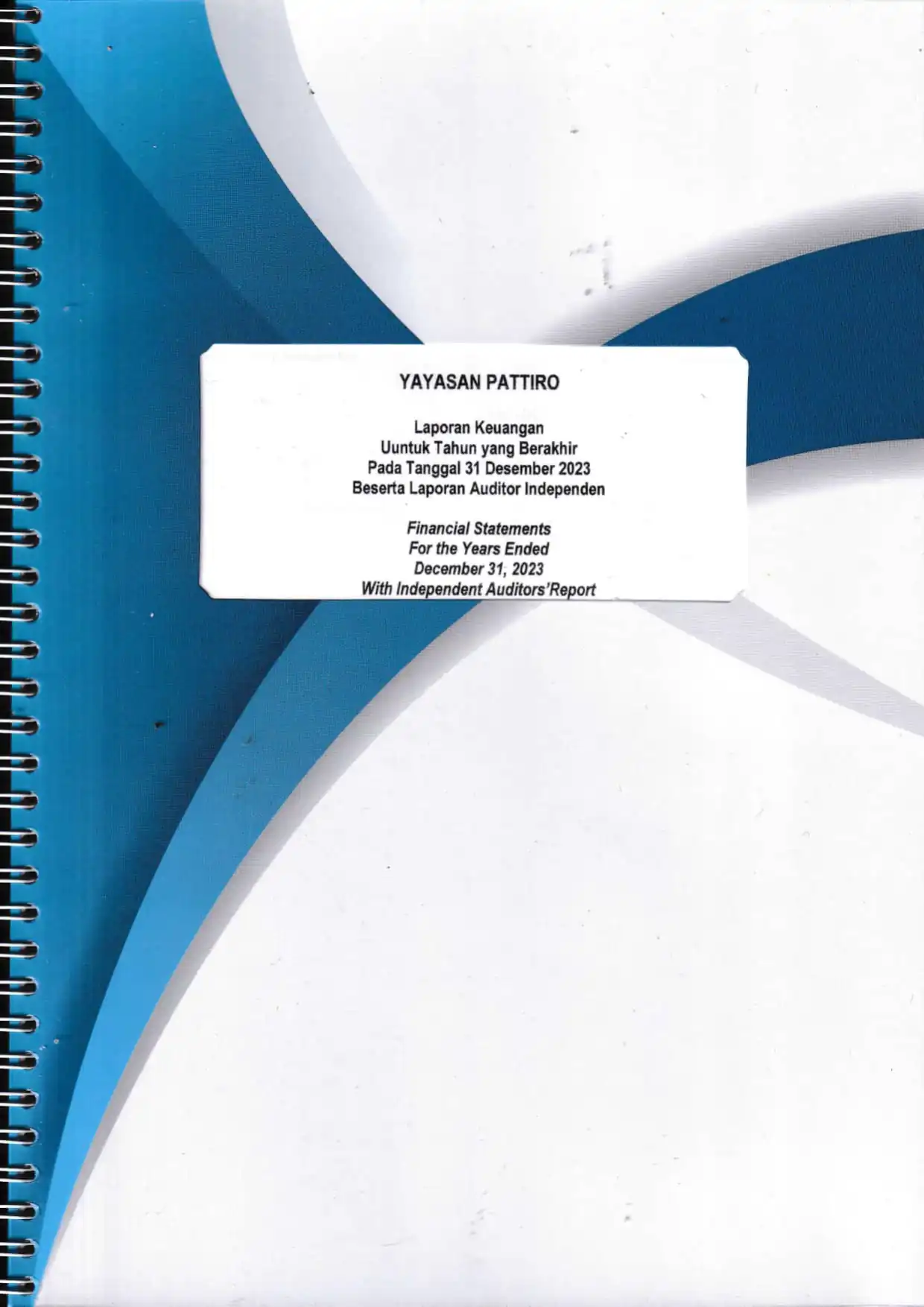 JAKARTA – “World Bank sees openness and transparency as key in creating better development outcomes and increase accountability,” said Dini Sari Djalal, Senior Communications Officer World Bank Indonesia’s representative, while giving an open statement discussion titled World Bank and the Open Development, Monday (3 / 12) at the World Bank representative office of Indonesia, Jalan Sudirman, Central Jakarta.
JAKARTA – “World Bank sees openness and transparency as key in creating better development outcomes and increase accountability,” said Dini Sari Djalal, Senior Communications Officer World Bank Indonesia’s representative, while giving an open statement discussion titled World Bank and the Open Development, Monday (3 / 12) at the World Bank representative office of Indonesia, Jalan Sudirman, Central Jakarta.
The event was attended by 20 representatives of NGO’s, was originally conceived by the sight of the importance PATTIRO share knowledge to strengthen the civil society movement in Indonesia. “We initiated this event and submit to the World Bank about the need for open data and CSO’s role in it,” said Sad Dian Utomo, Executive Director PATTIRO.
World Bank is currently in the forefront of the International Aid Transparency Iniatitive (IATI) and got second to DFID for the transparency of aid from 72 donor organizations (Aid Transparency Assessment by Publish What You Fund, 2012).
Since April 2010, the policy of access to information at the World Bank include three things, namely [1] open data, research and knowledge, [2] an open operational, financial and outcomes (projects and operations, financing an open, independent evaluation group evaluation, mapping results, corporate score card and aid flows), and [3] partnership for openness (open government partnership, the knowledge base and open data portal).
Associated with open data, interpret the World Bank with three things: open, accessible and searchable. The sense is that the information should be available free of charge, easy to use and can be recycled and easily obtained. These changes can be seen on the website www.worldbank.org before and after April 2010
“Now from the World Bank, people can download free data, the data is no longer but the form in PDF format *. Doc,. * Rtf,. * Xls, minimal restrictions on use. Also there is the addition of 4 languages, searchable, and a catalog of data . Websites are expected to provide good communication context for anyone to access it, “said Dini Sari Djalal.
Muchammad Fahazza, researcher PATTIRO who attended the occasion said that PATTIRO already done so via SMS Water Program implemented in Malang and Makassar. The program is run by using SMS technology into the web that aims to improve water planning for urban communities in Indonesia. [Reported by Ramlan Nugraha-PATTIRO Jabar]




